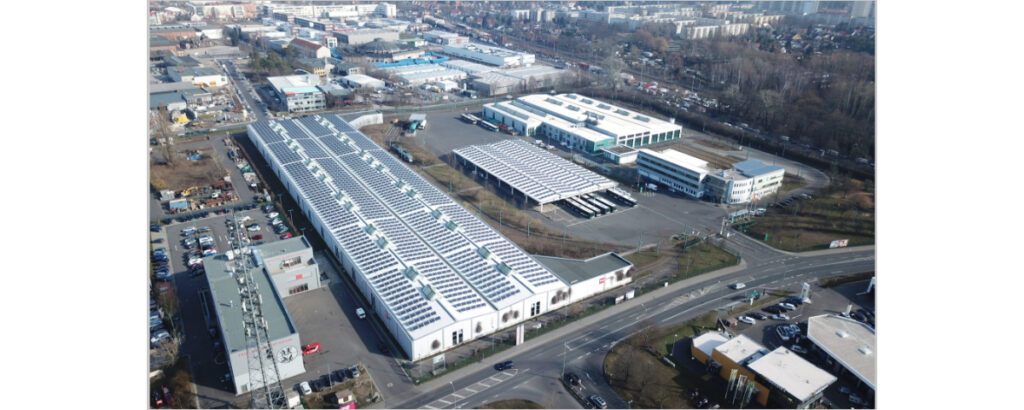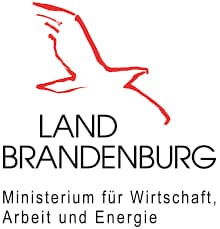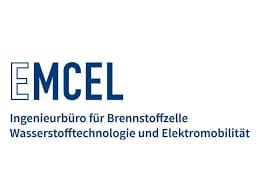Public transport in Potsdam: Conversion from diesel to alternatively powered buses

Project description
In the project “Electrification Strategy for the Bus Fleet in the City of Potsdam”, Reiner Lemoine Institute investigated, on behalf of the Brandenburg state capital Potsdam, what options the Potsdam Transport Authority (ViP) has for converting its bus fleet from diesel combustion engines to alternative, electric drive systems.
Modern, zero-emission mobility for Potsdam
Potsdam is a rapidly growing city whose public transport system – in addition to the S-Bahn, which connects Potsdam with Berlin – consists largely of streetcars and buses. In order to contribute to climate protection and air quality, the buses are to be converted to emission-free engines in the future. The city has set itself the goal of gradually reducing the 5,000 t of CO2 generated annually by bus traffic to zero. In order to initiate the conversion, RLI is conducting a study together with EMCEL GmbH to develop a basic strategy for the introduction of alternative drive concepts and thus for the decarbonization of the municipal bus fleet.
From demand assessment to optimal concept
The basis for the electrification strategy is an analysis of the current bus operation, in which the regular service is recorded and various charging and refueling technologies relevant for implementation in Potsdam are derived and evaluated. For this purpose, RLI analyzed and reviewed the individual bus routes as well as which charging options are feasible for the electrified bus fleet and to what extent additional drive technologies need to be used. In addition, the economic and logistical costs were determined.
Subsequently, RLI made a recommendation for the transition to alternatively powered buses and proposed a procurement strategy.
Study is basis for implementation concept
The study was supported by the project partner, EMCEL GmbH, which contributes its expertise for tenders and procurements of e-vehicles and corresponding infrastructure.
As a result, the state capital of Potsdam got a comprehensive strategy for the conversion of the bus fleet from internal combustion engines to alternative drive systems, on the basis of which the city can start directly with the actual implementation.
The project was commissioned by the state capital of Potsdam and receives funding from the RENplus 2014 – 2020 funding program. With RENplus, the Ministry of Economics, Labor and Energy of the State of Brandenburg (MWAE), through the Investment Bank of the State of Brandenburg (ILB), supports businesses, cities, and municipalities in reducing energy-related CO2 emissions as part of the implementation of the energy strategy of the State of Brandenburg. The funding comes from the European Regional Development Fund (ERDF), State of Brandenburg.
Project period: June 2021 – April 2022
© Image: Courtesy of Verkehrsbetrieb Potsdam
Tasks
In this project, the RLI implements the following specific tasks:
- Identification of the framework conditions for the use of buses with alternative drives
- Analysis of the circulation data of the current bus fleet
- Creation of a route model for the region, quantification of expected energy consumption
- Review of intermediate charging options, ranking of eligible stops
- Review suitability of specific charging infrastructure for locations
- Energy assessment of depots, preparation of a charging strategy, estimation of structural adjustments
- Development of a procurement strategy for suitable vehicles
- Economic consideration and comparative calculation
- Creation of an electrification strategy with three phases. The strategy includes a time and cost plan for the procurement and installation of the buses as well as the necessary infrastructure (charging stations, grid connection, workshop) in the depot and on the route
Results
This electrification strategy for the bus fleet of Verkehrsbetriebe Potsdam (ViP) points the way to sustainable electrified bus operations. The study shows options and the associated costs for an electrification of the bus fleet of ViP. The following alternative propulsion technologies were examined in more detail:
- Battery buses with depot charging and opportunity charging
- Fuel cell buses
- Hybrid trolleybuses
The following can be mentioned as key findings of the study:
- The results recommend the use of battery electric buses for implementation. This technology is both ready for series production and the most cost-effective.
- Based on current schedules as well as usual battery capacities of on the market, about 70 % of the bus fleet can be operated battery-electrically. This rate can be increased to 86% by adapting the circulations and accepting an additional operational effort.
- An electrification strategy with 3 phases was created. In a pilot and start-up phase, experience can be gained with the new technologies in order to be better positioned for the expansion phase from 2030. This also offers the opportunity to respond to a changing market situation.
- If the Clean Vehicles Directive is implemented, a total of 11 of 23 buses to be procured in the years 2023 to 2025 would have to be procured with battery-electric drive. For the period 2026 to 2030, of a total of 34 buses to be procured, 23 would have to be procured with battery-electric drive. For the period between 2023 and 2030, a total of 57 buses would have to be procured, 34 of which would have to be battery-electric.
- In addition to the legal requirements from the CVD, the exclusive procurement of electric buses from the year 2030 is recommended for future-oriented operation.
Download the final report (in German):







